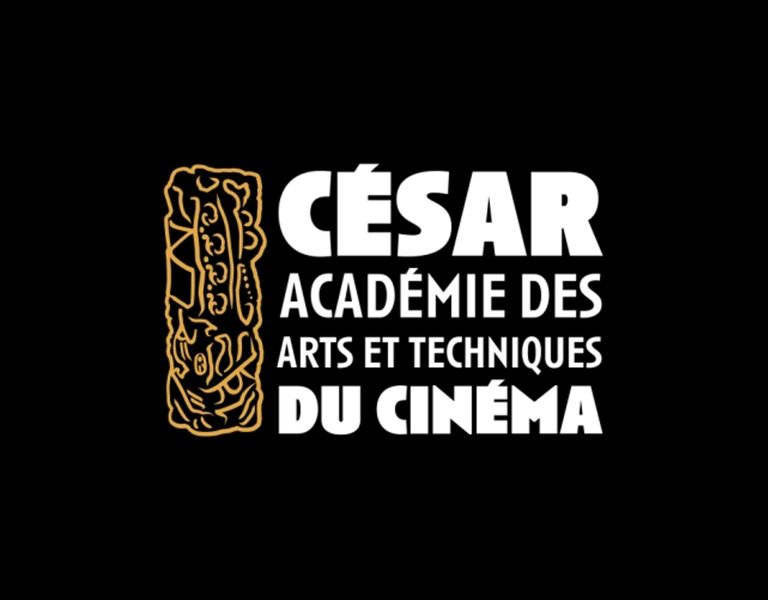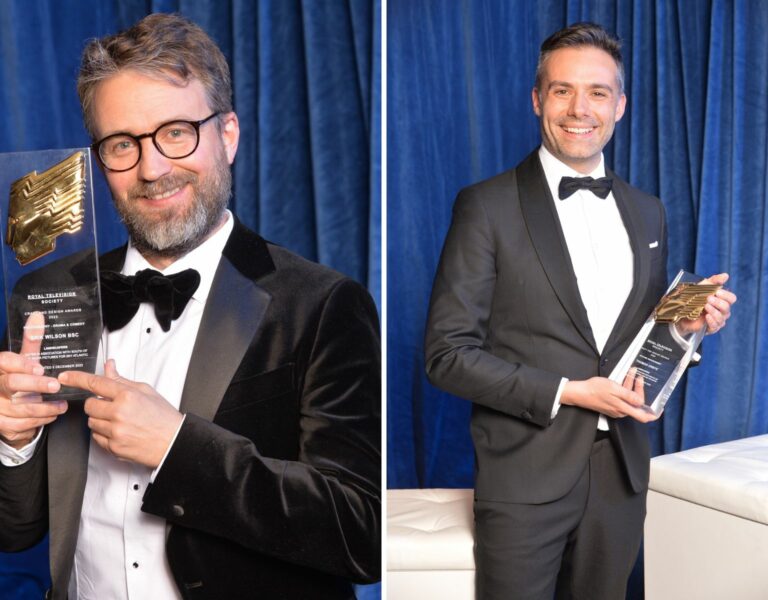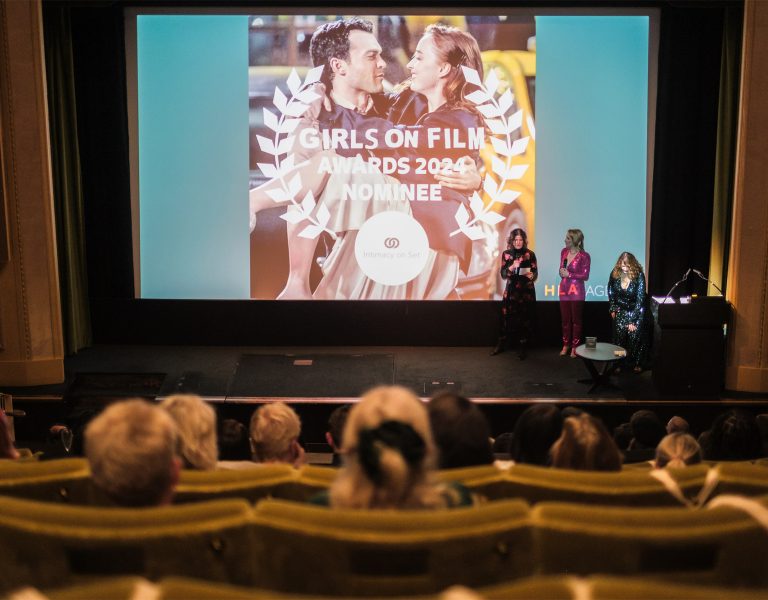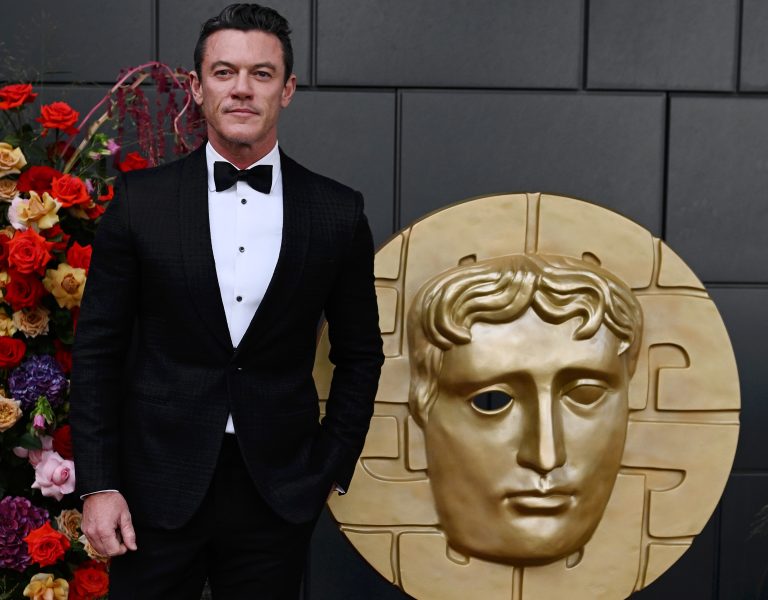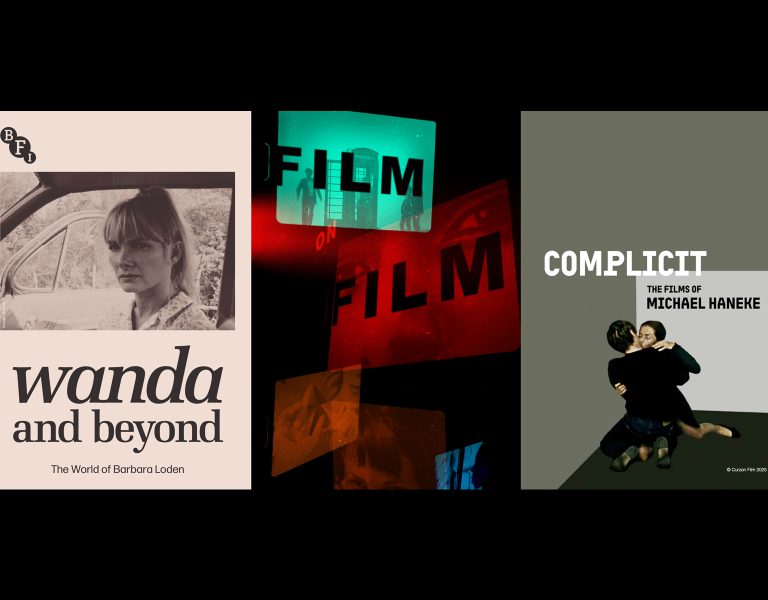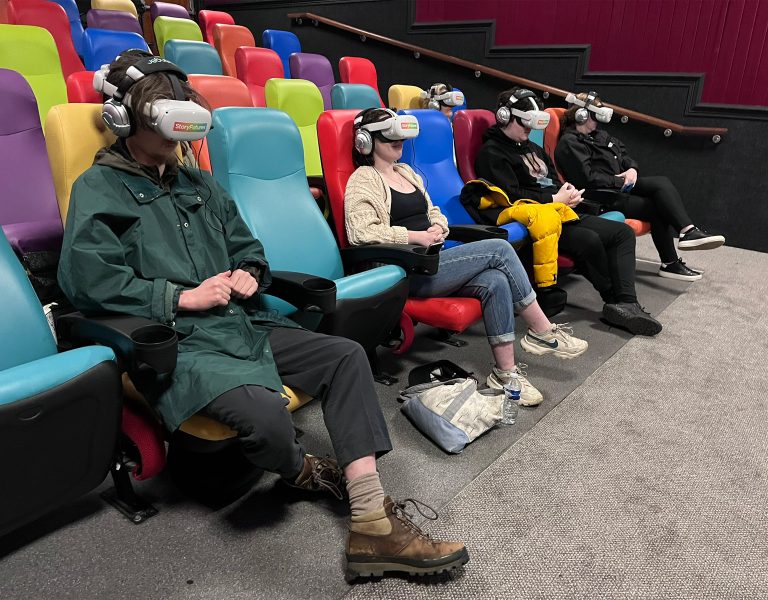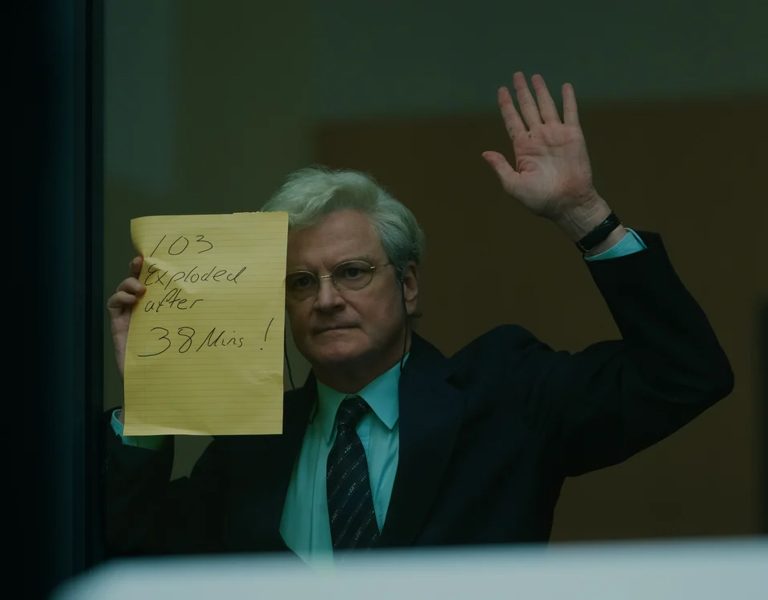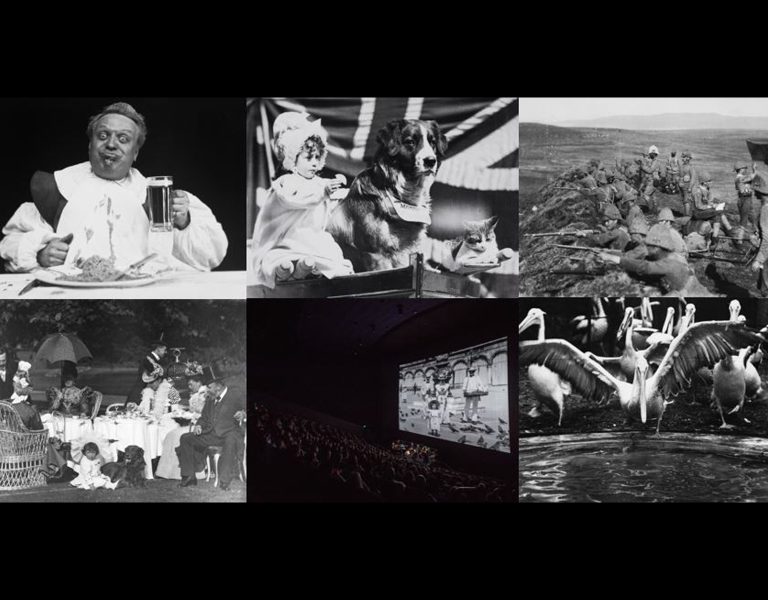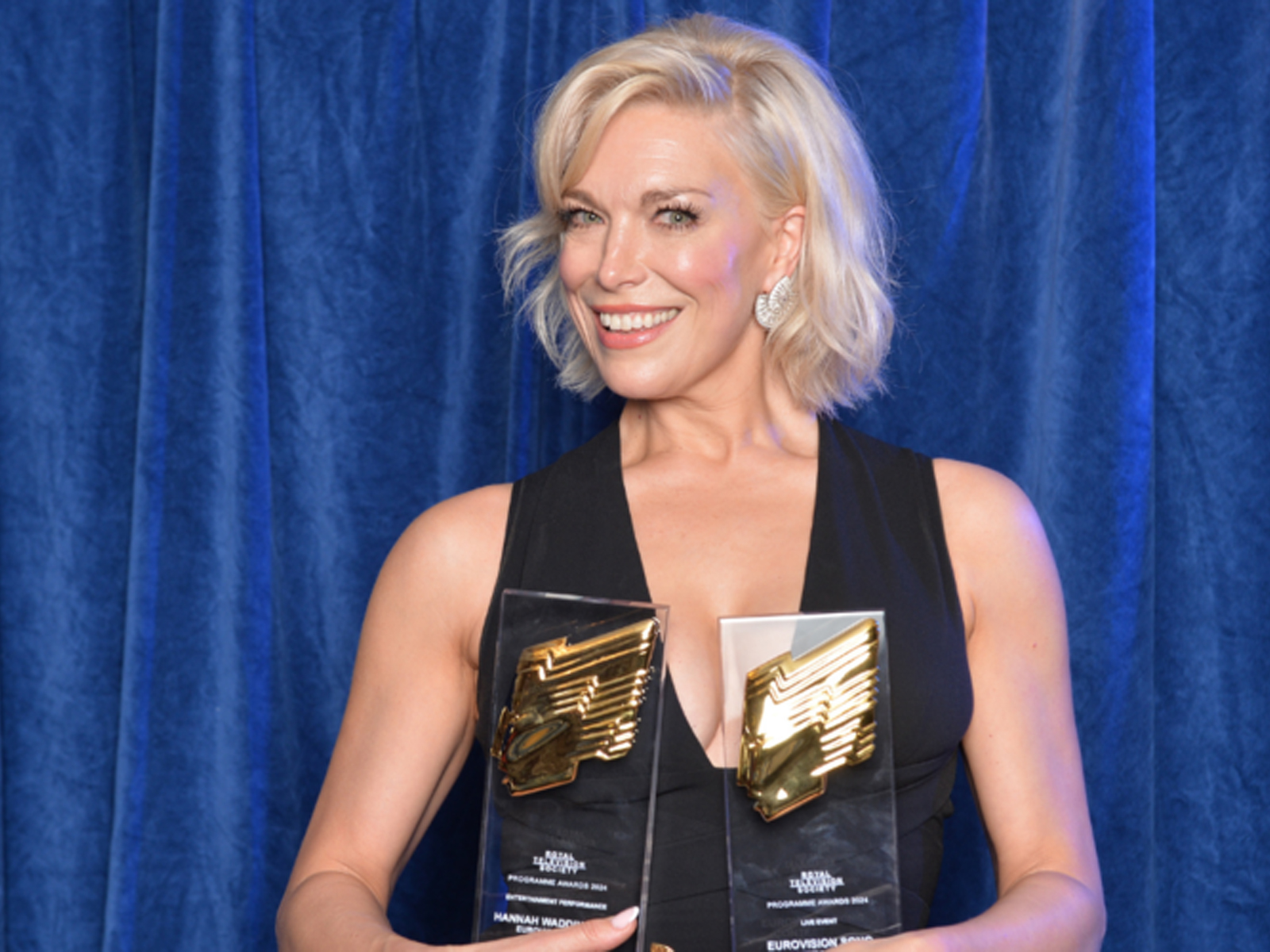
The illustrious awards ceremony took place this evening at the JW Marriott Grosvenor House Hotel in London, hosted by comedian Tom Allen.
The awards showcased the extraordinary talent evident across all genres in British television with attendees this evening including Hannah Waddingham, Bella Ramsey, Jodie Whittaker, Gabby Roslin, Noel Fielding, Chris Packham, Stacey Solomon, Joe Swash, Mark Gatiss, Susanna Reid, Romesh Ranganathan, Kane Robinson and Siobhán McSweeney.
Across the 30 competitive categories, the BBC took home 21 awards overall – with the hit drama The Sixth Commandment winning three awards, the most for any programme, across Limited Series, Supporting Actor – Male for Éanna Hardwicke and Writer – Drama for Sarah Phelps.
For the Leading Actor categories, Tamara Lawrance took home the award for BBC’s Time and Kane Robinson for Netflix’s Top Boy, one of the streamer’s three wins this evening. Netflix also received awards for Squid Game: The Challenge in the Entertainment category and for Chimp Empire for Science & The Natural World.
The Eurovision Song Contest 2023 received two wins, with Hannah Waddingham winning for Entertainment Performance and the BBC show also taking home the coveted Live Event award. Disney+ took home their first RTS Programme Award this evening for their popular series Extraordinary which won for Scripted Comedy.
The RTS presents two additional awards annually, the Judges’ Award and the Outstanding Achievement Award. For 2024, the recipient of the Judges’ Award was ITV’s ground-breaking series Mr Bates vs The Post Office for shining a light on the human stories of the real people caught in a living nightmare, and the incredible audience reaction to the series which provoked the government to take action. The Outstanding Achievement Award was presented to the renowned producer Stephen Lambert, recognising his incredible career creating genre-defining formats that have travelled and been reproduced all over the world.
This evening the RTS also presented a very special award, one of its most prestigious accolades, the Gold Medal. Presented very occasionally, the honour was given to recognise the legendary trailblazer, broadcaster and producer Dame Esther Rantzen, with her daughter collecting the award on her behalf.
Kenton Allen, Chair of the RTS Programme Awards, said: “Gathered tonight, we commemorate yet another remarkable year for the UK television sector, underscoring its unmatched programming diversity spanning gripping dramas, uproarious comedy, and enlightening documentaries. Amidst rigorous deliberations by the juries, the winners stand as testament to their unwavering merit. Here’s to acknowledging the achievements of all involved—a reflection of an industry poised for continued innovation and impact in the UK and around the world.”
–
WINNERS
Arts: Fight the Power: How Hip Hop Changed the World
Breakthrough Award: Lucy Edwards
Children’s Programme: A Kind of Spark
Comedy Drama: Juice
Comedy Entertainment: Rob & Romesh Vs.
Comedy Performance – Female: Gbemisola Ikumelo
Comedy Performance – Male: Hammed Animashaun
Daytime Programme: Scam Interceptors
Documentary Series: Once Upon a Time in Northern Ireland
Drama Series: Happy Valley
Entertainment: Squid Game: The Challenge
Entertainment Performance: Hannah Waddingham
Formatted Popular Factual: Sort Your Life Out
History: White Nanny, Black Child
Leading Actor – Female: Tamara Lawrance
Leading Actor – Male: Kane Robinson
Limited Series: The Sixth Commandment
Live Event: Eurovision Song Contest 2023
Presenter: Chris Packham
Science & The Natural World: Chimp Empire
Scripted Comedy: Extraordinary
Single Documentary: Otto Baxter: Not A F***ing Horror Story
Single Drama: Partygate
Soap and Continuing Drama: EastEnders
Sports Presenter, Commentator or Pundit: Alex Scott
Sports Programme: All Ireland Senior Football Championship Final
Supporting Actor – Female: Bella Ramsey
Supporting Actor – Male: Éanna Hardwicke
Writer – Comedy: Jack Rooke
Writer – Drama: Sarah Phelps
Royal Television Society Gold Medal: Dame Esther Rantzen
“This evening The Royal Television Society is honouring a legendary broadcaster and producer with one of its most prestigious accolades, the Gold Medal. This is awarded only very occasionally, and the recipient is just the second woman to receive it. Tonight, the RTS Gold Medal is presented to recognise the extraordinary career of Dame Esther Rantzen.
Let me just take a few minutes to remind you of what a huge difference Esther’s work has made to our national life – because no British broadcaster has used television more effectively for the greater good than Esther Rantzen. She was the original consumer champion, a fearless campaigner. In her shows she took on vested interests, bureaucrats and swindlers, con artists and crooks. Members of the public would even use her first name as a threat whenever they felt they were being ripped off…as people would say at the time: “I’ll get Esther onto you!”
Her defining moment really came in 1986 when Esther put the issue of child abuse onto the national agenda. It had almost been a taboo on television until then, but Esther’s programmes made it an issue that society could no longer ignore. After this she created Childline, Britain’s first national helpline for children in danger or distress. On its first night the phone lines were inundated with over fifty thousand calls. Childline’s model has been replicated in one hundred and fifty countries – and it all happened because of Esther.
Twenty years earlier, Esther began her career in television as a secretarial clerk at the BBC. As a researcher she worked on the magazine show Braden’s Week, and the producer wanted to put the team on camera, so Esther made her on-screen debut. In 1974 the show was replaced by a new programme called That’s Life. Esther was front and centre, its lead presenter and producer for the next twenty one series. It made her a household name.
That’s Life was a cocktail of consumer journalism and items about quirky aspects of everyday life. Arguments with utility companies were followed by segments about singing pets, and then there were Esther’s vox pops filmed on the streets of west London. The show even first introduced Britain to the song-writing talents of Victoria Wood.
But there was a very serious side to That’s Life too, and the show launched big campaigns about school bullying, cot safety, the need for safer park playgrounds and for children’s seatbelts in cars. In an era when the concept of ‘health and safety’ didn’t really exist, Esther was way ahead of her time. Her campaigns made Britain a safer place.
Esther’s show frequently featured emotional content that touched viewers deeply. For the first time on television the issue of organ donation for children was covered when she shared the moving story of Ben Hardwick, a little boy in search of a liver donor. There was also the memorable moment when Esther reunited Kindertransport organiser Nicholas Winton with some of the many Jewish children, now adults, that he’d rescued from Nazi-occupied Czechoslovakia.
That’s Life was one of the BBC’s highest rating series through the Seventies and Eighties, but it wasn’t her only show. She produced The Big Time, which made a star of Sheena Easton; she was a presenter of Children In Need; she created and hosted Hearts of Gold, which ran for eight series, and she presented over six hundred episodes of her own daytime talk show.
Let’s remember too – Esther achieved all of this as a woman at a time when the BBC’s corridors of power were dominated by men. As a strong female producer and presenter, Esther was a trailblazer.
Later, she was game enough to be one of the earliest contestants on Strictly Come Dancing and endured a stint in the jungle on I’m A Celebrity. In recent years Esther’s tireless capacity for campaigning has remained as strong as ever – and in that work she’s drawn on her own experience. After her husband Desmond passed away, she took on the issue of loneliness in older people and set up The Silver Line…and now, as we know, she’s campaigning for the right to an assisted death for people with a terminal illness.
By any measure, Esther’s has been a career of huge achievement and impact.”
Judges’ Award: Mr Bates vs The Post Office
“Tonight we honour a production which brought into our living rooms the story of the biggest miscarriage of justice of our times. It was the scandal of the Post Office’s flawed Horizon I.T. system, and how over nine hundred postmasters were held responsible for financial losses they simply didn’t incur. Entirely baseless accusations of fraud, false accounting and theft were made, and many postmasters were arrested; some were jailed; some tragically even took their own lives. The scandal festered for two decades, and much of the media either grew bored of it – or ignored it completely. Then, over four dark nights in January, a brilliant television drama shone a light onto some of the real people caught up in this living nightmare. Their stories seemed almost unbelievable at times – but they were all true. As the series unfolded night after night, the public outrage was off the scale. The story led every news bulletin for nearly two weeks and the Government was finally provoked into action. Just days later, the Prime Minister announced new legislation to exonerate wrongly convicted postmasters and speed up compensation payments.
Mr Bates vs The Post Office was produced by Little Gem and ITV Studios. It took years to research and develop – but in just four hours, this piece of remarkable drama reversed the decades-long entrenched stance of the Government. It showed that great television can still make a difference. What an incredible impact it made…”
Outstanding Achievement Award: Stephen Lambert
“The recipient of this year’s Outstanding Achievement Award is one of Britain’s most respected and successful television executives. To be called successful in this business usually means you’ve been responsible for a few hits. But this is a creative who has produced hit after hit – he’s one of our industry’s great innovators, a true visionary who has pushed boundaries and challenged conventions and brought us some of the most talked-about shows of our times. In fact, I think it’s fair to say he’s been instrumental in the reinvention of not just one genre, but two…and I’ve no doubt there will be more to come.
Until about twenty five years ago, the concept of a ‘TV format’ was largely the domain of only entertainment producers. But as Director of Programmes at RDF Media between 1998 and 2007 Stephen pretty much reinvented factual television. He took the idea of a format, added a narrative and an easy-to-follow real-life premise, then cast it with real people. And so, the factual entertainment format was born. His first was Faking It. In the opening episode a well-spoken posh man was taught to “fake it” as a rough Cockney nightclub bouncer, before a panel of judges gave their verdict. The show became a huge hit and ran for nine series. He followed it with another audacious idea, Wife Swap. I remember the raised eyebrows from purist documentary makers at the time – but the melding of format and observational documentary was genius. Wife Swap was great entertainment, but a fascinating insight into family life too. The series was a hit for Channel 4 and sold in twenty three countries. Stephen was suddenly in the vanguard of exporting British formats to the world. He even set up in LA. But while Stephen and David Frank were busy building RDF into a production powerhouse, Stephen never strayed too far from the development coalface, creating many new formats along the way – like Shipwrecked, and The Secret Millionaire which went on to win the Rose D’Or.
All that would have been enough to cement Stephen’s place in TV history. But then Stephen did it all over again – this time at Studio Lambert, which he formed in 2008. The first show for his new company was Undercover Boss for Channel 4, a format Stephen went on to premiere in America on Super Bowl night to forty million viewers. Then came Gogglebox. Was this an entertainment show, a factual piece, or a mash-up of both, we asked ourselves? It didn’t matter, because it became another smash hit…and is still as fresh, funny and insightful as it was when it launched eleven years ago. Next came two more award winning hit shows for the BBC –
Race Across The World and his first drama, a piece about the Rochdale grooming scandal called Three Girls, which won five BAFTAs. Studio Lambert was on a creative roll.
As the world recovered from Covid, Stephen set his sights on entertainment – and began a reinvention and reinvigoration of that genre too. The reality gameshow The Traitors took the nation by storm in the Autumn of 2022, and by the time a second series was casting, Studio Lambert was deluged with forty thousand contestant applications. Only a few weeks ago Series Two delivered “some of the most addictive, electrifying TV in years”. Over eight million viewers watched the final.
And let’s not forget Netflix’s global hit Squid Game: The Challenge, which elevated the competitive game show to a whole new scale. The production values, the format beats, the meticulous attention to every detail – it carries all the hallmarks of a Stephen Lambert work.
But perhaps we shouldn’t be surprised by Stephen’s success here and on the global stage. He’s a great business man and sales man – there’s nothing like a Lambert pitch – but Stephen is a creative at heart who has a very special understanding of human nature, a talent for developing ideas that expose who we are and what makes us tick. He has a special talent for sensing what the next trend might be, and then gets busy helping to shape it. The clues were even there in his earliest days when I first met him in the BBC’s Documentary department. As a talented documentary director, producer and then EP, he made his name on award-winning strands like 40 Minutes, Inside Story and then as editor of the iconic 90’s strand Modern Times…he even spotted that docu-soaps were coming, and executive produced some of BBC One’s earliest series in that genre too. Stephen has always been a programme maker at heart drawn to play with form and bring high quality to popular pieces.
After decades in the industry, Stephen’s body of work is extensive. His awards cabinet full of RTS’s, BAFTAs and Emmys. But Stephen is a producer who’s still hungry, still looking to develop the next hit, still driven to move the dial again with the next piece of great television. He cares passionately about the programmes he produces and gathers extraordinary talent around him, he harbours a deep respect for the audience, and he loves the industry upon which he’s made such an indelible mark.”
